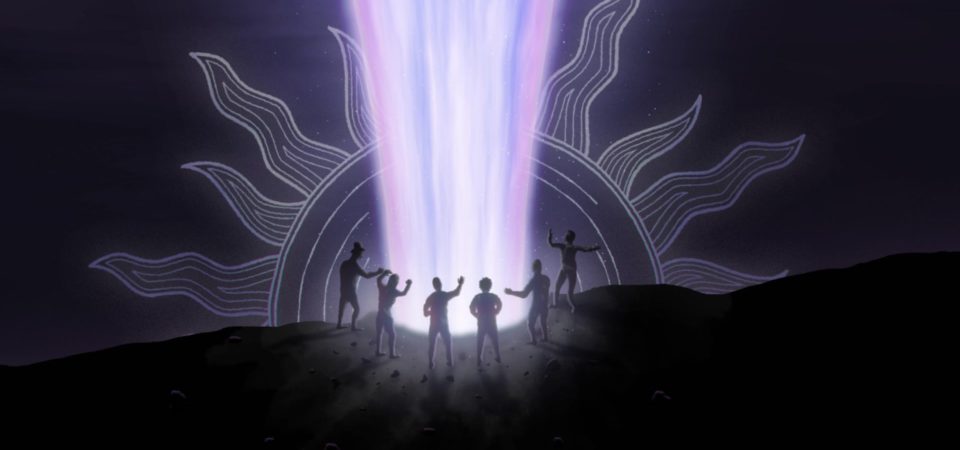Item Link: Access the Resource
Date of Publication: August 30
Year of Publication: 2023
Publisher: The Great Simplification
Author(s): Nate Hagens
In this episode, ‘Superorganisms’ converge as Nate is joined by economist and anthropologist Lisi Krall to discuss the evolutionary origins of our current systemic predicament. Starting with the Agricultural Revolution, the evolutionary conditions of surplus and ultrasociality have combined to shape the way humans interact with their environment, ultimately leading to our current out-of-control global economy. Is this global system an inevitable emergent phenomenon of the human condition? Does surplus inherently breed inequality and hierarchy, such as in the current capitalist system? What type of social evolution will we experience as we meet the limits of an expansionary system and move towards a Great Simplification?
About Lisi Krall
Lisi Krall is a professor of economics at the State University of New York, Cortland. Dr. Krall engages a heterodox and transdisciplinary approach to understanding economic systems, their etiology, structure, dynamics, and the relationship between humans and the more-than-human world that is contextualized through them. She incorporates evolutionary biology, anthropology, history, heterodox economics, and deep materialism to understand how we arrived at this paradoxical moment where humans appear trapped in an economic system that functions as if it is not of this Earth at the same time it is clearly a material system. Her latest book, Bitter Harvest: An Inquiry into the War Between Economy and Earth, explores the formation and evolution of the economic system (the economic superorganism) that took hold beginning with the cultivation of annual grains and is now embodied in global capitalism.
Listen to the podcast below and to previous episodes here.
The views and opinions expressed through the MAHB Website are those of the contributing authors and do not necessarily reflect an official position of the MAHB. The MAHB aims to share a range of perspectives and welcomes the discussions that they prompt.
